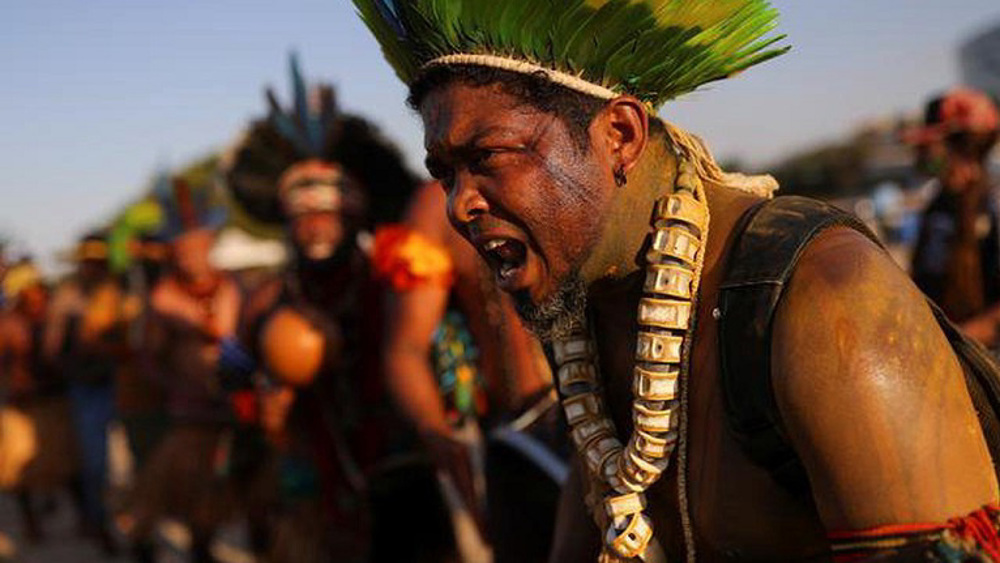Environmental activists say the key to saving the Amazon Forest is protecting the native inhabitants of the territory and their rights to their ancestral land.
“Indigenous people are the best protectors of the Amazon forest and of biodiversity around our planet … because they have intrinsic spiritual and cultural connections to the land,” Leila Salazar Lopez, the executive director of Amazon Watch, said at the Reuters Impact conference on the fate of the Amazon Rainforest on Monday.
The indigenous people, Salazar Lopez said, “have the most to lose and so they will do anything to protect the land, which is everything to them.”
The Amazon Rainforest absorbs more greenhouse gases than any other tropical rainforest. Many observers have already said that the key to saving the forest is indigenous-led conservation.
Ginger Cassady, the executive director of the Rainforest Action Network, blamed the Brazilian government for dismantling environmental protections leading to an increase in deforestation. This has happened despite Brazilian President Jair Bolsonaro’s promise to strengthen environment enforcement.
At this year’s United Nations General Assembly in September, Bolsonaro claimed foreign agencies were exaggerating the environmental concerns regarding the Amazon. He also gave data to claim that deforestation in Brazil had seen a clear drop compared to 2020.
READ ALSO: 9 Nigerians, 2 South Africans win 2021 Facebook accelerator programme in Africa
Salazar Lopez rejected the Brazilian president’s claims as untrue. She said the Amazon is on fire and subject to massive deforestation and drought due to Bolsonaro’s policies over the last two years.
“Since the first week he took to office, we have been seeing the gutting of environmental agencies… What we are seeing is an attack on indigenous people. On their rights, on their lives and territories,” she said.
Both activists called on the private sector to stop the expansion of oil concessions in the Amazon and to stop the intentional felling of trees for cattle grazing and soy plantations.
On September 10, indigenous groups marched in Brazil’s capital to protest the government’s attempt to open indigenous territories to mining operations and agribusiness.
Indigenous land tenure has been found to be strongly indicative of the fate of the forest. Thirty percent of the Amazon is considered as indigenous territory and among the best protected while 20 percent is protected areas under government care

